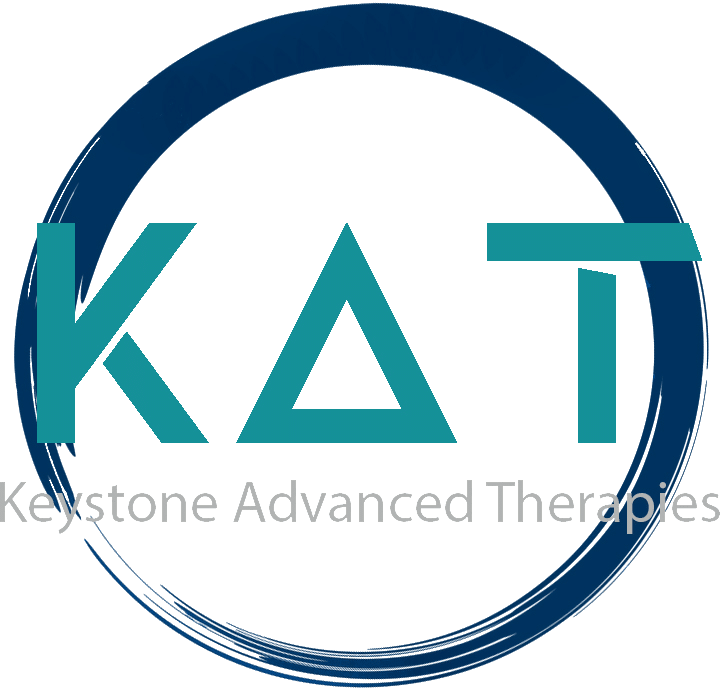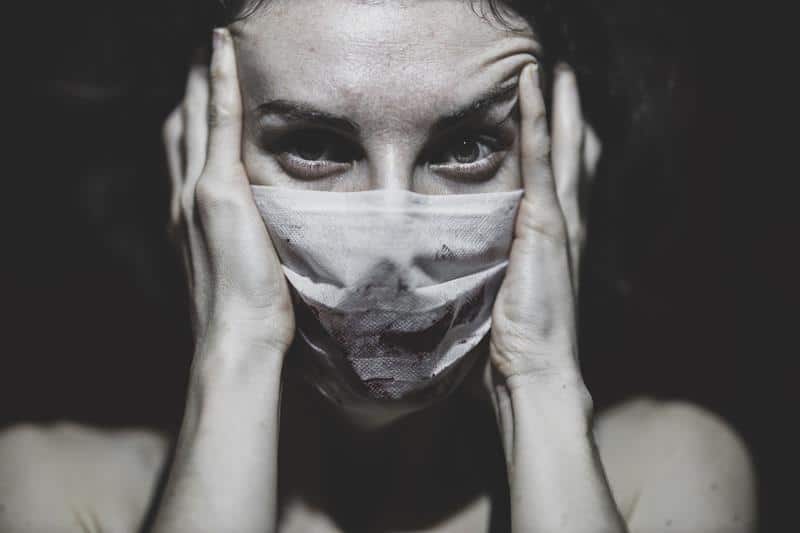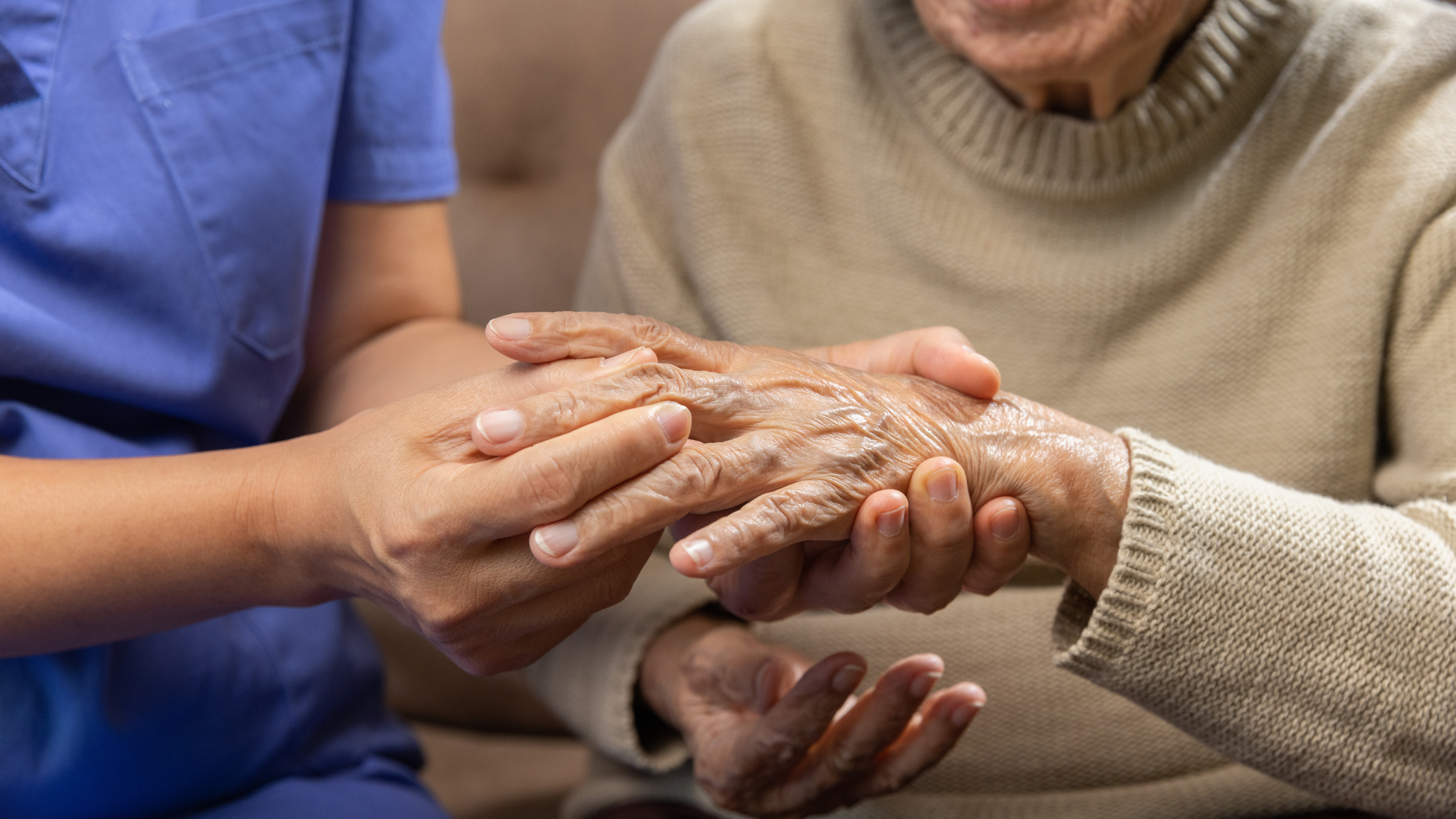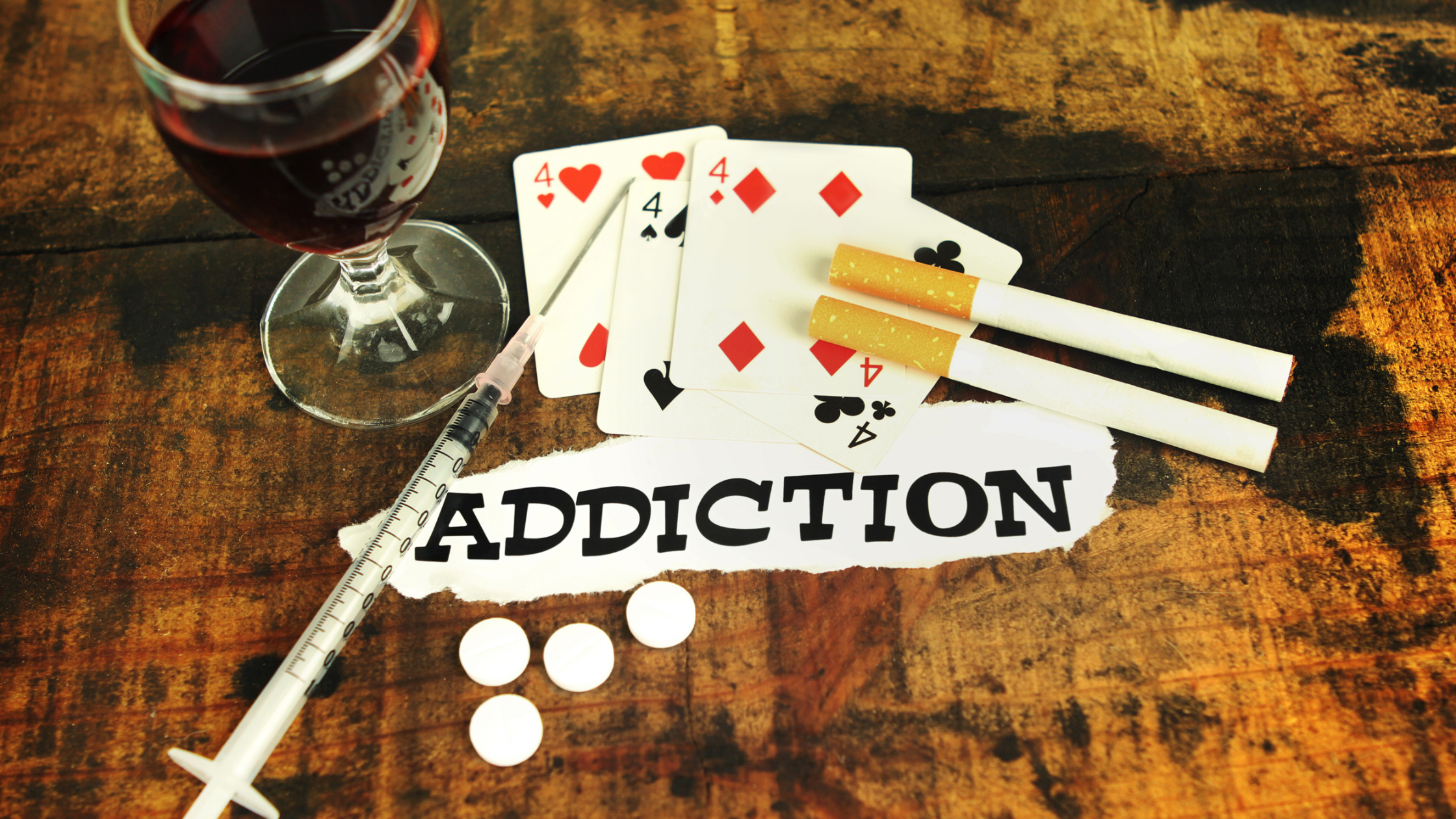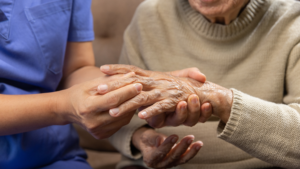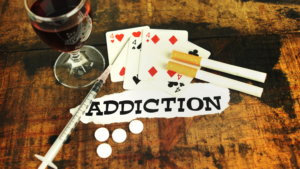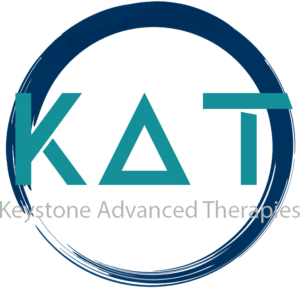Although post-traumatic stress disorder (PTSD) is often associated with veterans returning from deployment, the reality is that PTSD can affect anyone 一 male, female, adult, child 一 who has experienced trauma. Traumatic events can include war, serious car accidents, physical or emotional abuse, sexual assault and rape, exposure to traumatic events, natural disasters, neglect, traumatic childbirth, and loss of a loved one.
Nearly 15 million adults experience PTSD each year, and if you’re one of those, you may find that your symptoms interfere with your personal and work life. Dr. Scot DePue offers compassionate and expert PTSD care at Keystone Advanced Ketamine Therapy in West Lawn, Pennsylvania.
How do you know if you have PTSD? Below, we’ve outlined four potential signs and how PTSD is treated.
4 TYPES OF PTSD SYMPTOMS
PTSD affects people differently. In fact, your symptoms might not even appear until months 一 or even years 一 after the traumatic event. That’s why it’s so important to understand the types of symptoms and how they can manifest. Four potential signs of PTSD include re-experiencing trauma, avoidance, arousal, and mood changes.
1. YOU RE-EXPERIENCE THE TRAUMA
Flashbacks, nightmares, and intrusive thoughts regarding the event are all different ways you can re-experience your trauma. Whether you have nightmares or intrusive thoughts, symptoms in this category can be quite distressing.
2. YOU AVOID ANYTHING THAT REMINDS YOU OF THE TRAUMATIC EVENT
Many people with PTSD find that they go out of their way to avoid anything 一 person, place, activities, or even specific streets 一 that remind them of their accident or trauma.
3. YOU’RE JUMPY AND ALWAYS ON EDGE
Arousal symptoms mean that your body is always in “high alert” mode and may include:
- Feeling jumpy
- Being on edge
- Difficulty concentrating
- Trouble falling asleep and staying asleep
- Feeling easily irritated
- Angering quickly
Not surprisingly, arousal symptoms can be exhausting, especially if they interfere with your ability to sleep. This can add additional complications, such as fatigue, daytime sleepiness, and headaches.
4. YOU EXPERIENCE EMOTIONAL CHANGES
PTSD can also cause mood changes. If you feel intense sadness, hopelessness, or anxiety, it could be related to PTSD. It’s worth noting that PTSD is one of the main types of anxiety disorders.
In addition to emotional changes, you may also feel tempted to engage in self-destructive behaviors. This includes speeding, gambling, using drugs, or drinking too much alcohol.
Trauma can increase your risk of addiction problems if alcohol or drugs are used as coping mechanisms. If you suspect that PTSD has led to an addiction, our compassionate team is here and ready to help.
Note: if you have suicidal thoughts, call the National Suicide Prevention Lifeline at 1-800-273-TALK to reach a trained counselor. If you are a veteran, call 1-800-273-TALK and press 1 to reach the Veterans Crisis Line.
EXPLORING ALTERNATIVE THERAPY TO TREAT PTSD
Treatment for PTSD often involves a combination of psychotherapy and medication. At Keystone Advanced Ketamine Therapy, Dr. DePue offers ketamine infusion treatment for PTSD, which can reduce the severity of PTSD symptoms. Additionally, ketamine infusions help with sleep problems and memory loss.
To learn more about your PTSD treatment options, book a consultation with Dr. DePue to find out if ketamine therapy is right for you. Call our office or request an appointment online today.
